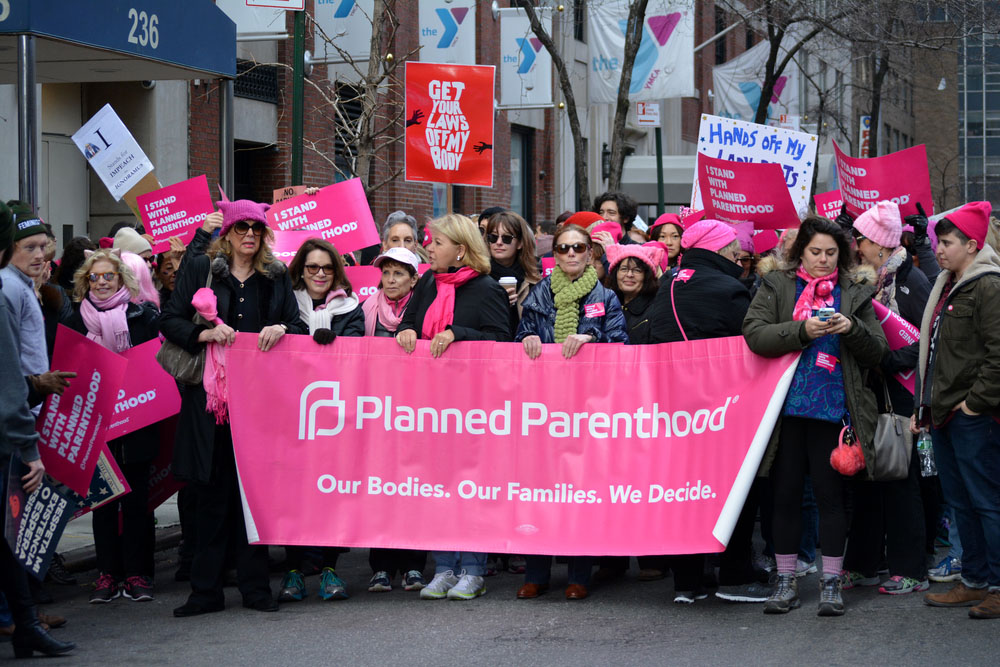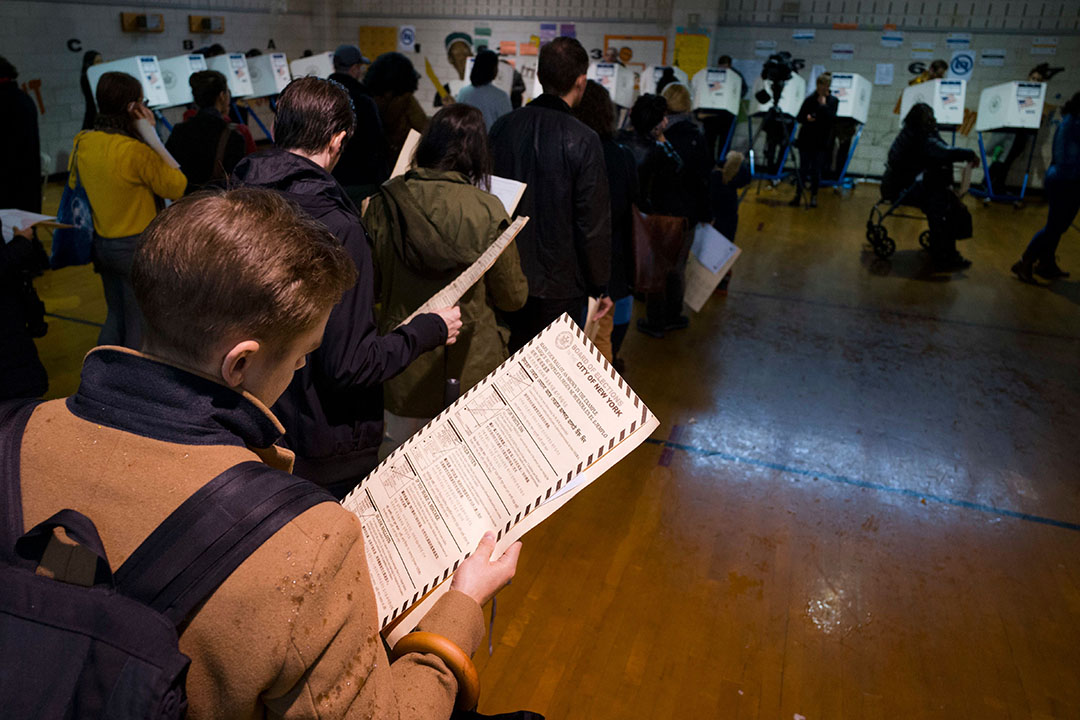With Democrats in firm control of both houses of the state Legislature, a number of bills are coming back from the dead. State Senate Republicans have blocked certain legislation in past years despite support from lawmakers. These include the state DREAM Act, the Child Victims Act and the Reproductive Health Act, among other bills. Early signs suggest that the Democrats plan to pass some of these bills early on in order to make good on campaign promises. Other issues, however, are more contested and could take months of negotiations before a bill is ready for a vote.
Here’s a quick breakdown of the major outstanding issues and where they stand.
DREAM Act
In contrast to a federal bill that would provide a route to citizenship for Deferred Action for Childhood Arrivals recipients, New York’s DREAM Act would allow undocumented students to pay in-state tuition at public universities and make them eligible for state financial aid programs. This legislation has passed in the Assembly in various forms since 2013, but it has not come up for a state Senate vote since 2014.
Child Victims Act

For the past two years, the Child Victims Act passed in the Assembly, which would make it easier for child sex abuse victims to bring criminal charges against their alleged assailants. One part of the legislation would retroactively extend the statute of limitations, which has catalyzed opposition in the Senate. The Roman Catholic Archdiocese of New York is reportedly reconsidering its longtime opposition to the bill, now that Democrats will take over the state Senate, and proponents are feeling optimistic about the bill becoming law.
Reproductive Health Act

This bill would update abortion protections in state law and codify the privacy protections stemming from the landmark 1973 U.S. Supreme Court decision in Roe v. Wade. The Assembly has passed the bill before, only to see it die in committee in the state Senate. Hopes are high that the bill will pass in early 2019 because of backlash against the Trump administration and its successful nomination of conservative U.S. Supreme Court Justice Brett Kavanaugh.
Congestion pricing
[[{"fid":"6427","view_mode":"default","fields":{"format":"default"},"type":"media","field_deltas":{"4":{"format":"default"}},"attributes":{"class":"media-element file-default","data-delta":"4"}}]]
There have long been proposals to charge motorists a fee to enter the central business district in Manhattan. Now with the Metropolitan Transportation Authority in desperate need of funding for badly needed upgrades, there is more consensus than ever to pass a bill that would raise revenue to pay for billions in repairs to public transit. The big questions are how to implement congestion pricing and what share of any new revenue would go to the New York City subway system.
New York Health Act
[[{"fid":"6426","view_mode":"default","fields":{"format":"default"},"type":"media","field_deltas":{"3":{"format":"default"}},"attributes":{"class":"media-element file-default","data-delta":"3"}}]]
An effort to institute single-payer health care got a boost over the summer when a Rand Corp. study found that the idea could work in theory. Given the consequences of effectively replacing private health insurance statewide, this will likely be one of the most contentious legislative issues – though the bill did pass the Assembly in June.
Marijuana legalization

With more and more states legalizing recreational marijuana, Gov. Andrew Cuomo and state lawmakers may not want to miss out on a potentially lucrative revenue stream. Efforts are ongoing within the state Legislature to draft a bill that would legalize recreational marijuana statewide, following the 2014 passage of a medicinal marijuana program for people with certain illnesses.
Ethics reform

Government watchdogs have said state legislators should curtail or eliminate outside income before they consider raising their own pay, which has not been increased for nearly two decades. Also on the table is the elimination of “lulus” – the tens of thousands of dollars lawmakers can receive in stipends for serving in leadership positions.
Campaign finance reform

Registered limited liability corporations are allowed under state law to donate $65,100 to statewide candidates, even though corporations are limited to $5,000. The upcoming year will show whether Gov. Andrew Cuomo and Democratic lawmakers will fulfill their promises to end the so-called LLC loophole now that Republicans can’t stop them in the state Senate.
Voting reform

With some of the most onerous voting requirements in the nation, lawmakers have said that state law is due for an update. Proponents want automatic voter registration, same-day registration and other measures that would make voting easier for citizens and increase civic engagement.
Rent regulation

Some activists have said that an overhaul of rent regulation should not happen until the power of the real estate lobby is decreased through campaign finance reform. Whether or not that happens, tenant advocates are eager to eliminate vacancy decontrol and preferential rent – or even try to expand rent control statewide to confront rising housing costs.
NEXT STORY: Albany’s education to-do list


